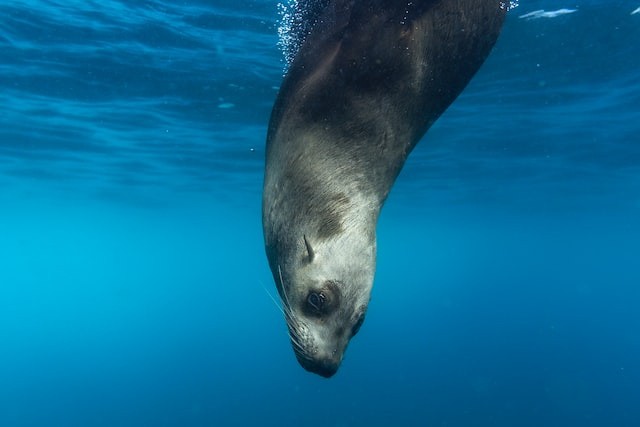Sea lions have become the first-ever "videographers" of the ocean. In a recent study, scientists from the University of Adelaide have equipped Australian sea lions with cameras to gather critical data on their behavior and habitats. By attaching these monitoring devices, scientists are hoping to get a glimpse of these endangered creatures' habitat.
With these high-tech tracking devices, experts can record detailed information about their movements and diving patterns. In turn, it can help us gather insights to improve conservation efforts for seals.
Sea Lions' Population in Steady Decline

Read Also : Seals With Rabies Attack Beachgoers in South Africa, Raising Alarm For Rabid Marine Mammals
Australian sea lions, which are indigenous to the southern and western coasts of Australia, are currently facing severe threats from habitat loss, fishing activities, and climate change. For years, their population has been steadily declining.
The collected data will provide invaluable insights into the sea lions' foraging habits, migration routes, and breeding sites. Dr. Jane Smith, a marine biologist at the University of Adelaide, emphasized the importance of this research. "By understanding where these sea lions go and what they do, we can create more effective conservation plans to protect their natural habitats and ensure their survival," she said in a report by Phys.org.
Surprising Findings
Results from the monitoring project have already shown surprising findings. The sea lions are traveling further and diving deeper than previously believed. This suggests that they might be adapting to changing environmental conditions. These findings help shape conservation efforts to better protect these critical habitats.
The project has received attention and support from the broader scientific community and the public. The innovative use of technology in wildlife conservation demonstrates a promising approach to addressing the challenges faced by endangered species
As this research progresses, it is expected to contribute significantly to marine conservation efforts not only for Australian sea lions but also for other marine species. The comprehensive data collected will help create targeted and effective conservation strategies, ensuring the health and sustainability of marine ecosystems.
Related Article : Novel Herpesvirus Discovered in South American Sea Lions
© 2025 NatureWorldNews.com All rights reserved. Do not reproduce without permission.





